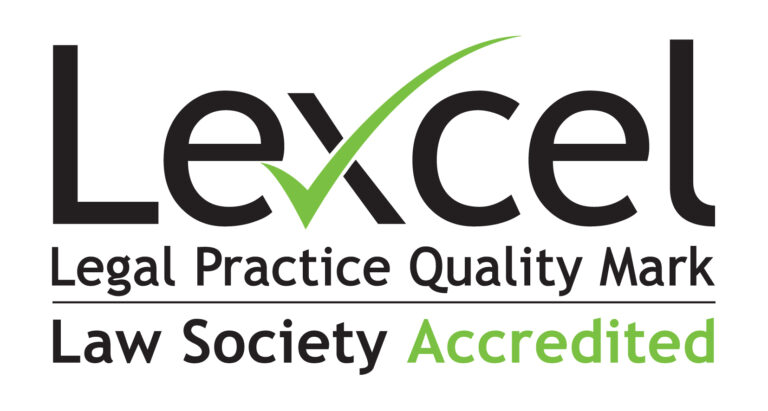Certain individuals automatically gain Parental Responsibility, while others need to take specific steps to obtain it. Let’s delve into who holds Parental Responsibility under different circumstances:
Mothers: Upon a child’s birth, mothers are automatically granted Parental Responsibility, irrespective of whether the conception was natural or involved donated eggs.
Married Fathers: Fathers who are married to the mother at the time of the child’s birth also possess automatic Parental Responsibility.
Unmarried Biological Fathers: Unmarried biological fathers do not automatically have Parental Responsibility. However, they can acquire it through various methods, such as: a. Being named on the child’s birth certificate. b. Re-registering on the birth certificate. c. Marrying the mother (Parental Responsibility remains even after divorce). d. Entering into a Parental Responsibility Agreement with the birth mother. e. Obtaining a Parental Responsibility Order or Child Arrangements Order from the court, indicating that the child should live with them.
Non-Biological Parents: Step-parents, grandparents, and other non-biological caregivers do not have automatic Parental Responsibility. To acquire it, they need to: a. Obtain consent from all parties with Parental Responsibility. b. Secure a Child Arrangements Order from the family court. c. Be legally appointed as a child’s guardian or special guardian.
In specific cases, a Local Authority may acquire Parental Responsibility for a child through a Care Order. This is normally when the Local Authority have serious concerns.
Terminating Parental Responsibility requires compelling reasons in the best interests of the child. The court may also consider applications to limit an individual’s Parental Responsibility and restrict access to certain information.
When multiple individuals share Parental Responsibility, collaboration and agreement are essential for significant decisions related to the child’s upbringing. These decisions include education, medical procedures, travel, legal representation, religious upbringing, and changes to the child’s name.
However, for routine matters like discipline, bedtime, parenting approaches, and establishing boundaries, agreement from other parties with Parental Responsibility may not be necessary. Effective co-parenting is crucial, and open discussions with all parties involved can ensure a smooth experience for the child.
Parental Responsibility forms the foundation of a child’s well-being and development. Understanding who holds it, how it can be acquired or terminated, and the decision-making process is essential to provide a nurturing and supportive environment for children. Collaborative and informed decisions by parents can guide their children through life’s challenges with care and responsibility.
For any questions regarding Parental Responsibility, please contact Haris Law Solicitors for a free consultation.





